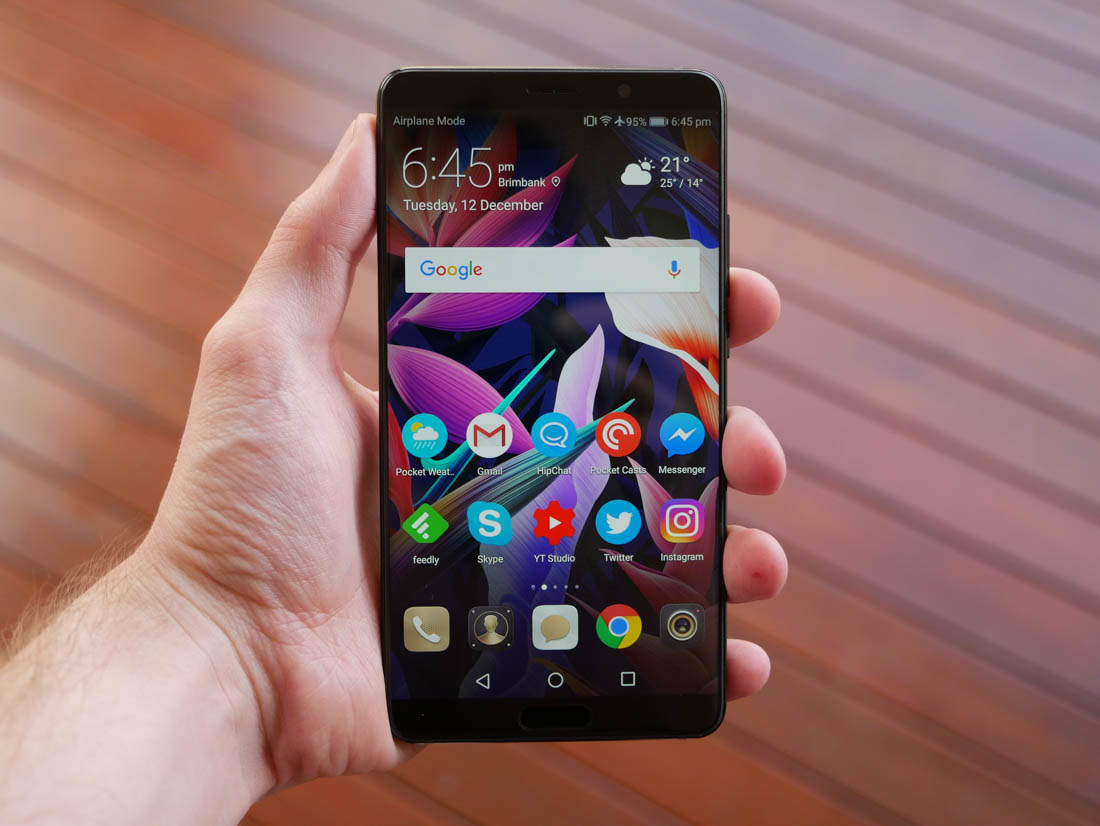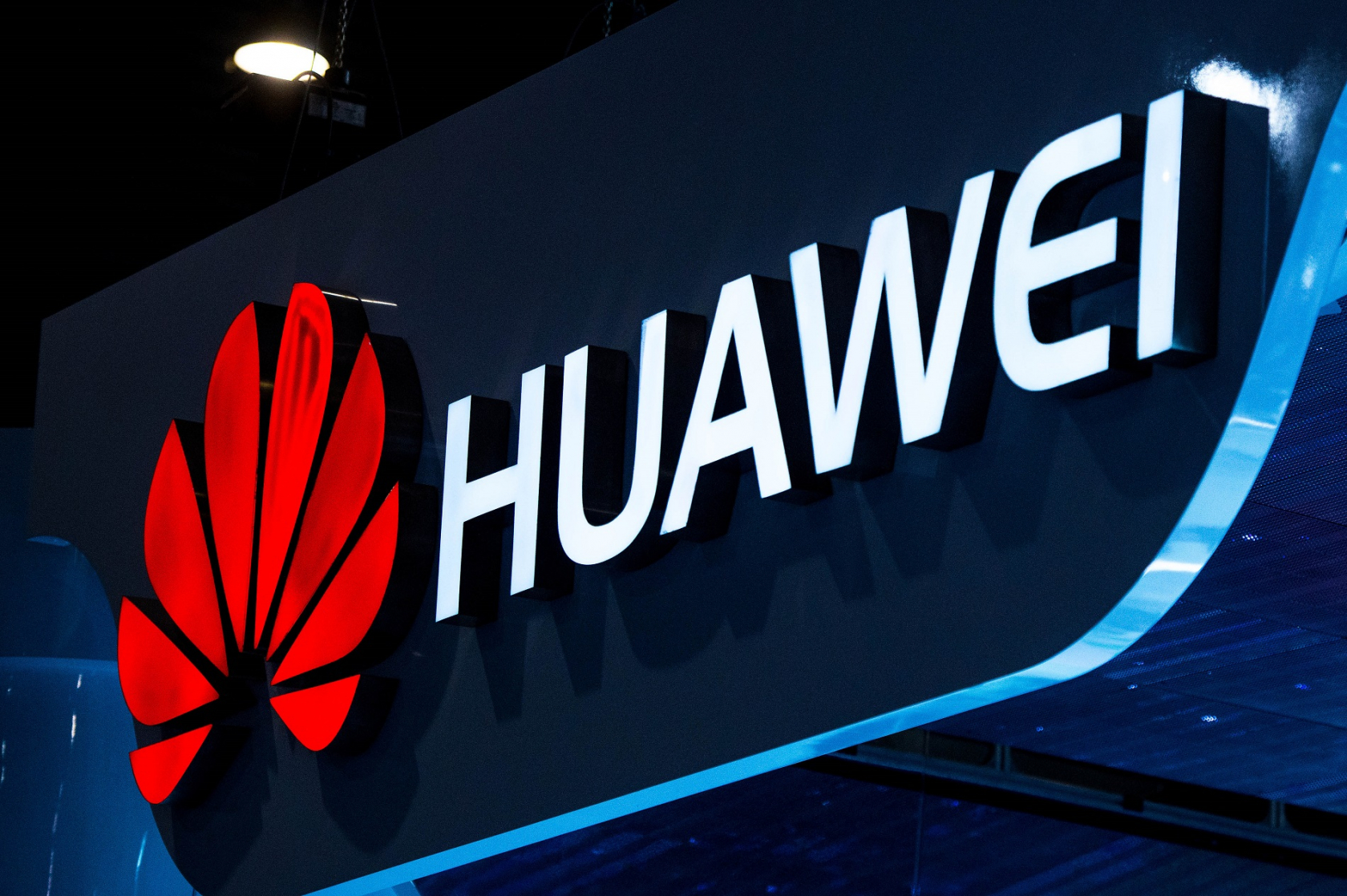At CES today, Chinese manufacturer Huawei was expected to announce a partnership with AT&T to distribute its devices in the US. But the telecoms carrier has called off the deal at the last minute.
It's not clear why AT&T pulled out, but it could be related to "political pressure," according to The Information. "Given the fierce trade competition between China and the US, and the fact that both Huawei and AT&T are key infrastructure services providers in their respective countries, AT&T's last minute decision to back off the deal with Huawei was foreseeable," Li Yi, chief fellow at the Shanghai Academy of Social Sciences internet research centre, told the South China Morning Post.
Huawei's excellent Mate 10 Pro handset, which is being advertised across Las Vegas right now, was rumored to arrive on AT&T's network in either January or February. The company was said to be negotiating with Verizon, too, though we don't know if the phone will now launch on any other carriers.

You can already buy unlocked Huawei devices online and in some retail stores in the US, so it's likely that the Mate 10 Pro will also be made available. But a carrier deal would have helped push the company's products in the States.
Despite being the third-largest smartphone manufacturer behind Samsung and Apple, Huawei has struggled to make a big impact in the US. This is partly due to a 2012 House Intelligence Committee report that warned carriers not to do deals with the firm because of the influence China has over it, which could pose a threat to US security.
"Last month, members of the Senate and House intelligence committees sent a letter asking the Federal Communications Commission to review any relationship with Huawei and requested that the FCC get briefed on the security concerns raised in 2012. The letter also raised concerns about Huawei's growing smartphone business," writes the Wall Street Journal.
In a statement to the publication, top Huawei executive Ken Hu denied that the company is "a vehicle for any government or any agency of putting surveillance on another country."
